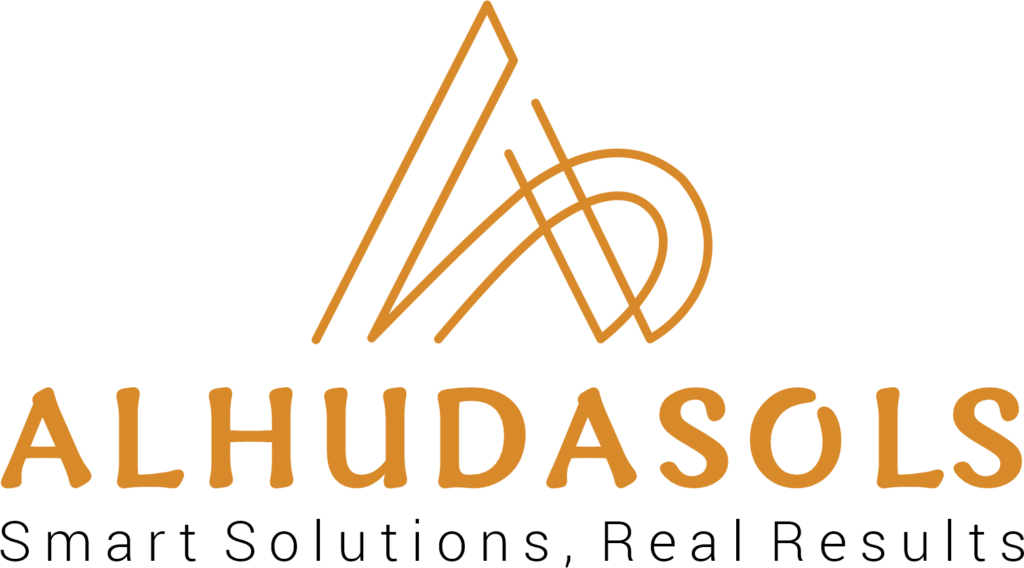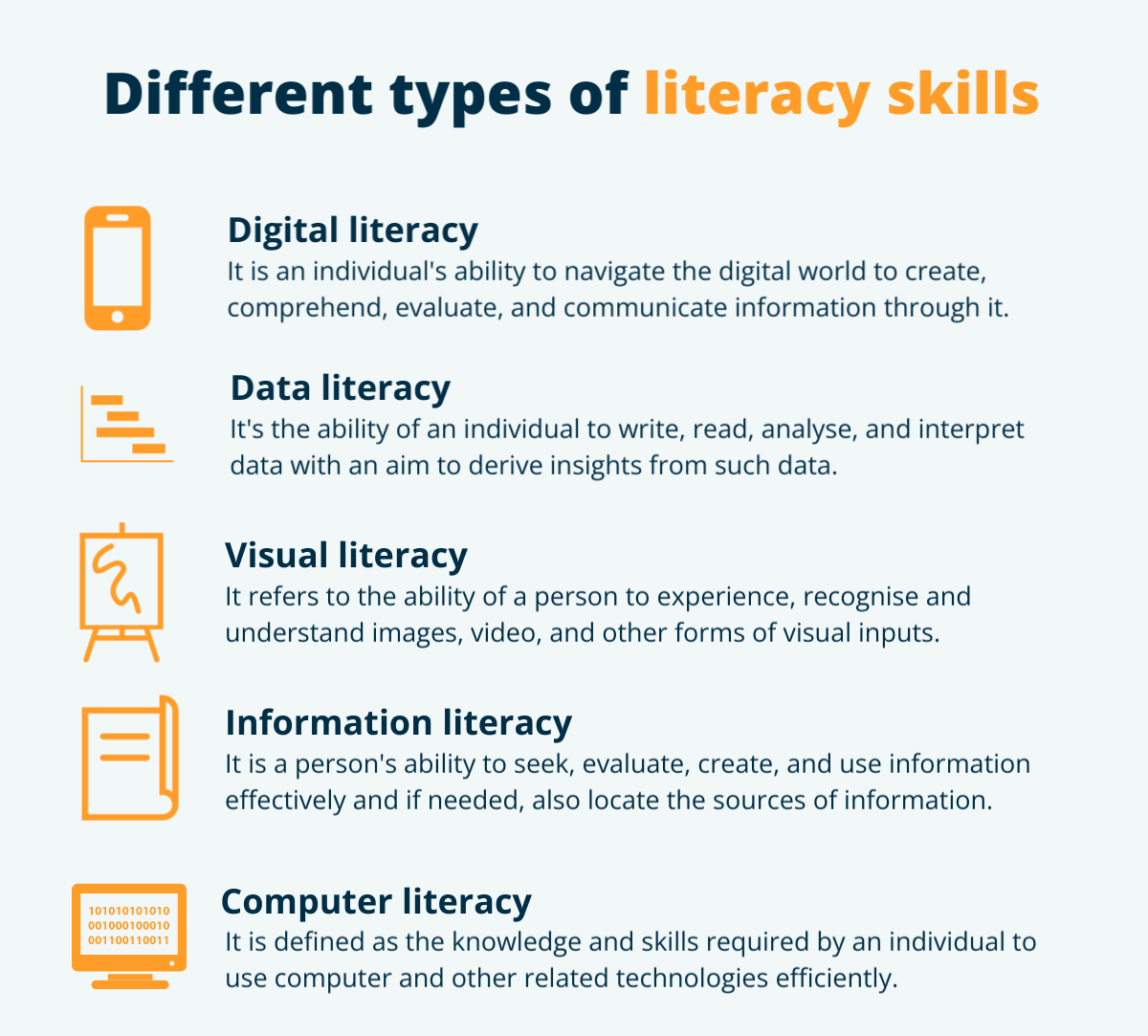Mastering Digital Literacy
Essential Skills for the Modern Workforce
In today’s fast-paced, technology-driven world, digital literacy has become a fundamental requirement for success in the workforce. It encompasses a range of skills that enable individuals to effectively navigate, evaluate, and create information using digital technologies. As businesses increasingly rely on digital tools and platforms, mastering digital literacy is not just an asset; it’s a necessity. Here’s a closer look at what digital literacy entails and the essential skills needed for the modern workforce.
What is Digital Literacy?
Digital literacy refers to the ability to find, evaluate, use, and create information in digital formats. It goes beyond basic computer skills; it involves critical thinking, problem-solving, and effective communication within digital environments. As industries evolve and new technologies emerge, digital literacy equips individuals to adapt and thrive in various professional contexts.
Essential Digital Literacy Skills
1. Information Literacy
In an age of information overload, the ability to discern credible sources from unreliable ones is crucial. Information literacy involves understanding how to locate, evaluate, and use information effectively. This skill helps professionals make informed decisions and ensures that they are drawing from accurate, relevant data.
Tip: Develop a systematic approach to research by using trusted databases, cross-referencing information, and verifying sources.
2. Communication Skills
Digital communication skills are vital for collaboration in the workplace. This includes proficiency in email etiquette, virtual meetings, and using collaboration tools like Slack, Microsoft Teams, or project management software. Effective communication also requires understanding how to convey messages clearly and professionally in written and verbal formats.
Tip: Practice clear and concise communication, and adapt your style based on the platform and audience.
3. Technical Proficiency
A foundational understanding of digital tools and platforms is essential. This includes familiarity with software applications relevant to your industry, such as spreadsheets, word processors, and presentation tools. Additionally, knowledge of emerging technologies, like artificial intelligence (AI) and cloud computing, is increasingly important.
Tip: Take advantage of online courses or tutorials to enhance your technical skills and stay updated on the latest software.
4. Data Literacy
As businesses generate and rely on vast amounts of data, being data literate is becoming indispensable. This skill involves understanding how to interpret data, draw insights, and make data-driven decisions. Familiarity with basic data analysis tools and techniques is beneficial in many roles.
Tip: Learn to use data visualization tools, such as Tableau or Microsoft Power BI, to help present data in a clear and compelling manner.
5. Cybersecurity Awareness
With the rise of digital threats, understanding cybersecurity principles is critical. This includes knowing how to protect sensitive information, recognize phishing attempts, and use secure passwords. Cybersecurity awareness helps safeguard both personal and organizational data.
Tip: Stay informed about the latest cybersecurity threats and best practices, and consider taking courses on online safety.
6. Adaptability and Continuous Learning
The digital landscape is constantly evolving, and professionals must be willing to adapt to new technologies and methodologies. A commitment to lifelong learning and staying curious about digital advancements will enhance your employability and relevance in the workforce.
Tip: Engage in professional development opportunities, such as workshops, webinars, and online courses, to continuously update your skills.
7. Problem-Solving Skills
Digital literacy also includes the ability to troubleshoot and solve problems using technology. This involves critical thinking and creativity when faced with technical challenges. Being resourceful and knowing where to seek help can set you apart in a digital environment.
Tip: Develop a methodical approach to problem-solving and practice thinking through challenges before seeking assistance.
The Importance of Digital Literacy in the Workforce
Mastering digital literacy is essential for several reasons:
Enhances Employability: Employers increasingly seek candidates who can demonstrate digital proficiency. A strong foundation in digital literacy can make you more attractive to potential employers.
Promotes Collaboration: In a digital workplace, collaboration tools are vital for team success. Proficiency in these tools fosters effective teamwork and communication.
Increases Efficiency: Digital literacy allows professionals to utilize technology to streamline processes, manage projects, and analyze data, leading to increased productivity.
Facilitates Innovation: A digitally literate workforce is better equipped to leverage new technologies, driving innovation and competitive advantage within organizations.
Conclusion
Mastering digital literacy is no longer optional in today’s workforce; it’s essential for personal and professional growth. By developing the skills outlined above, you’ll be better prepared to navigate the complexities of the digital world, enhance your employability, and contribute meaningfully to your organization. Embrace the journey of digital literacy and equip yourself with the tools needed to thrive in the modern workplace.


